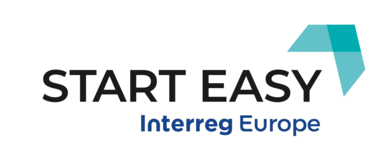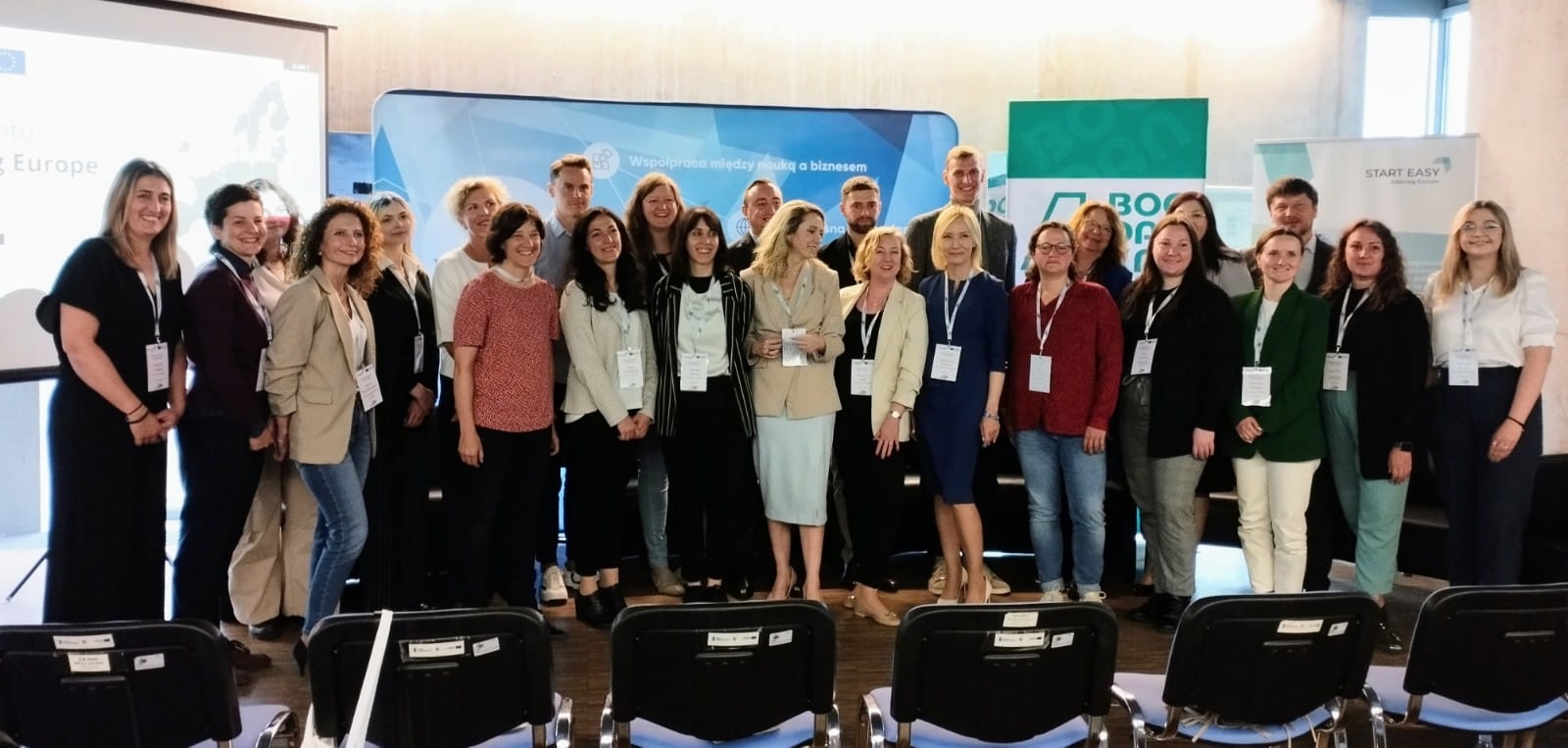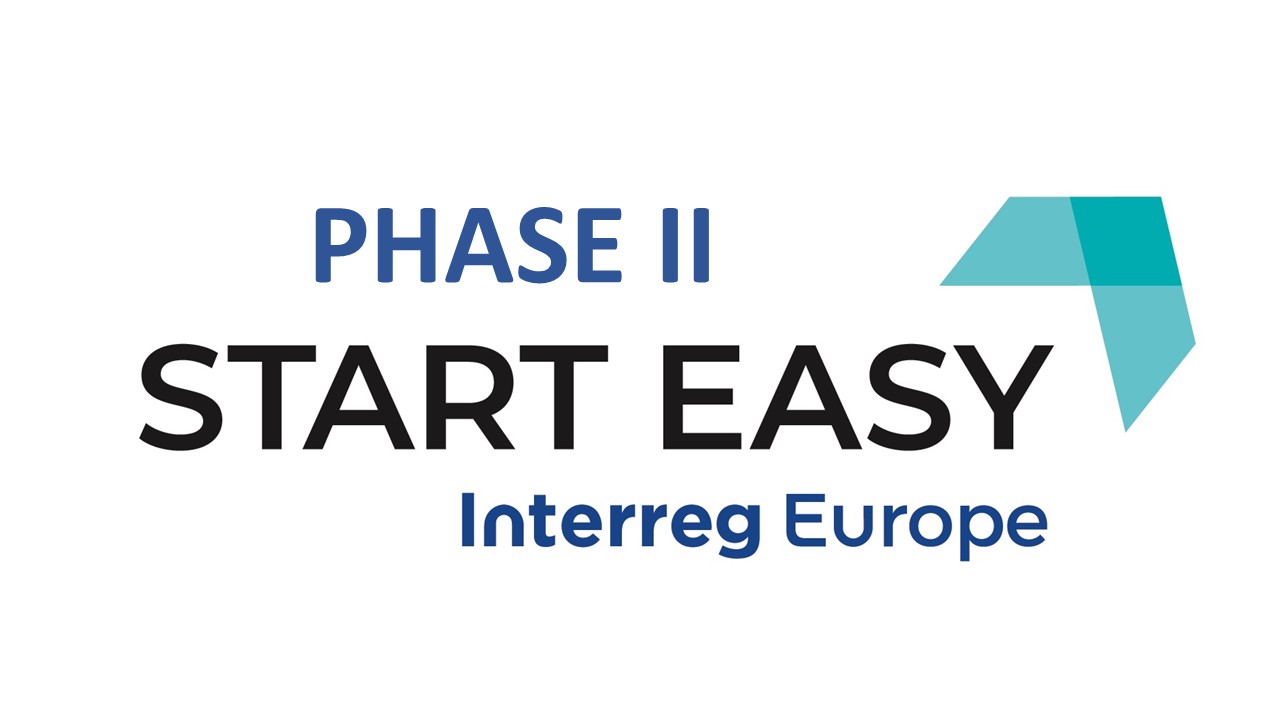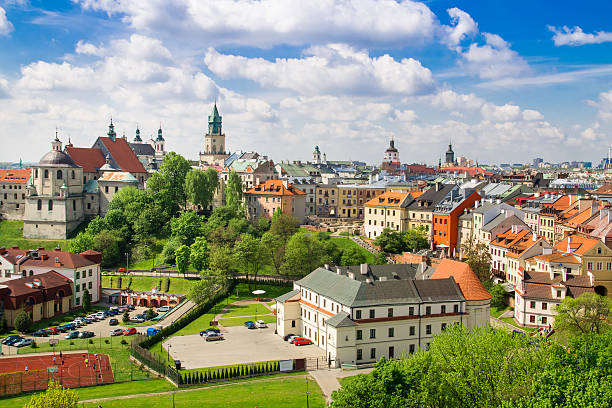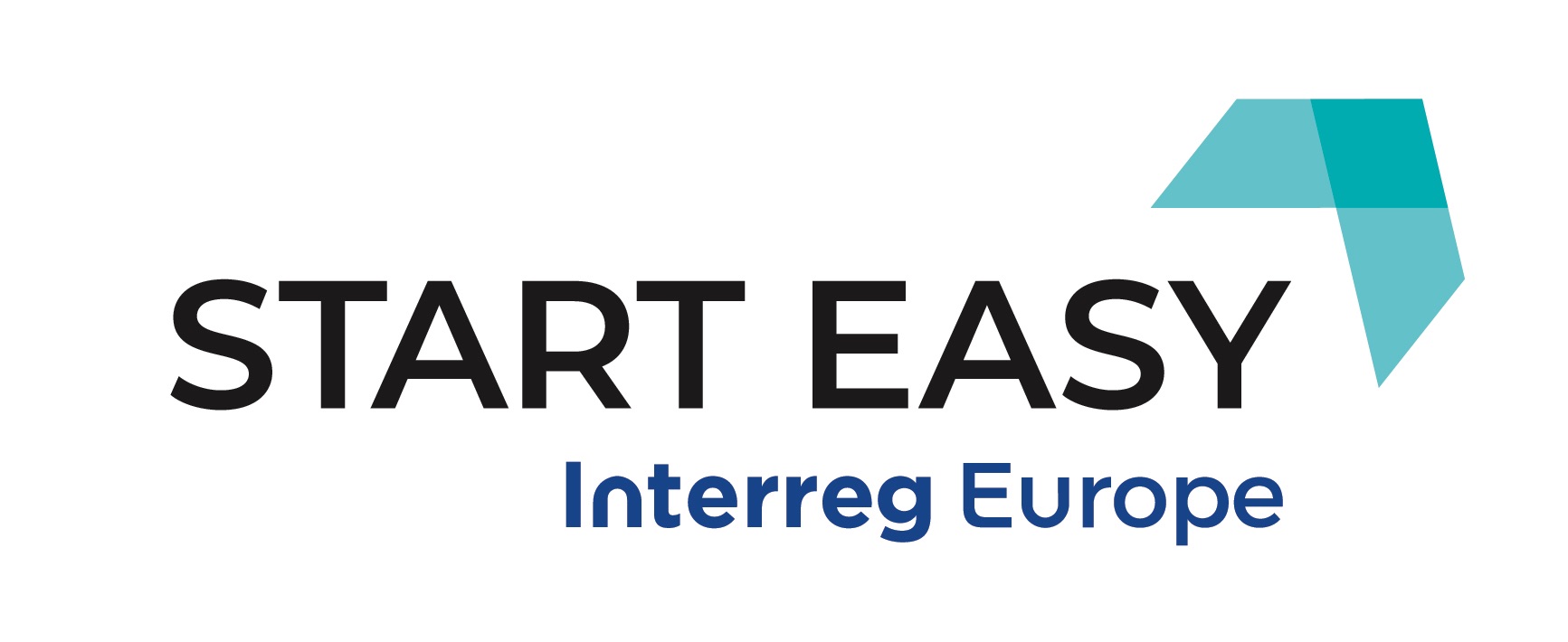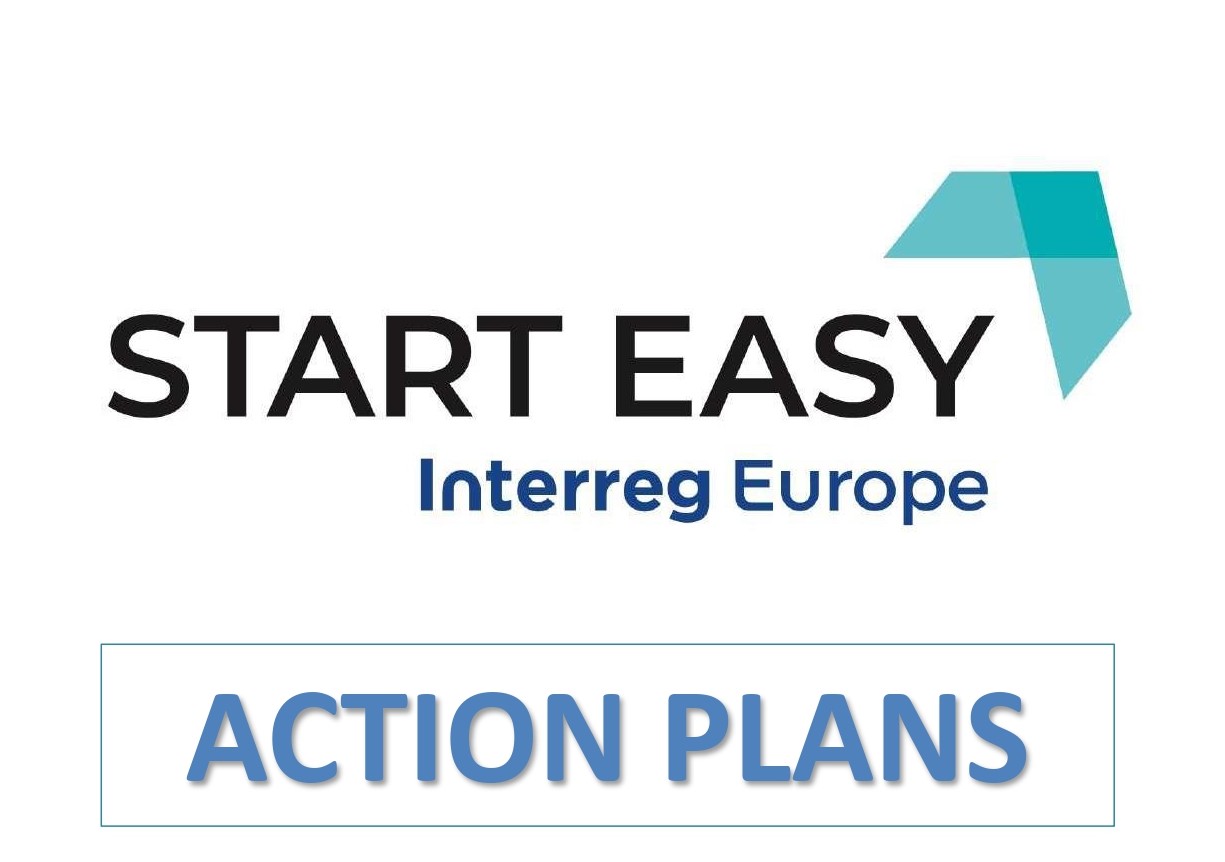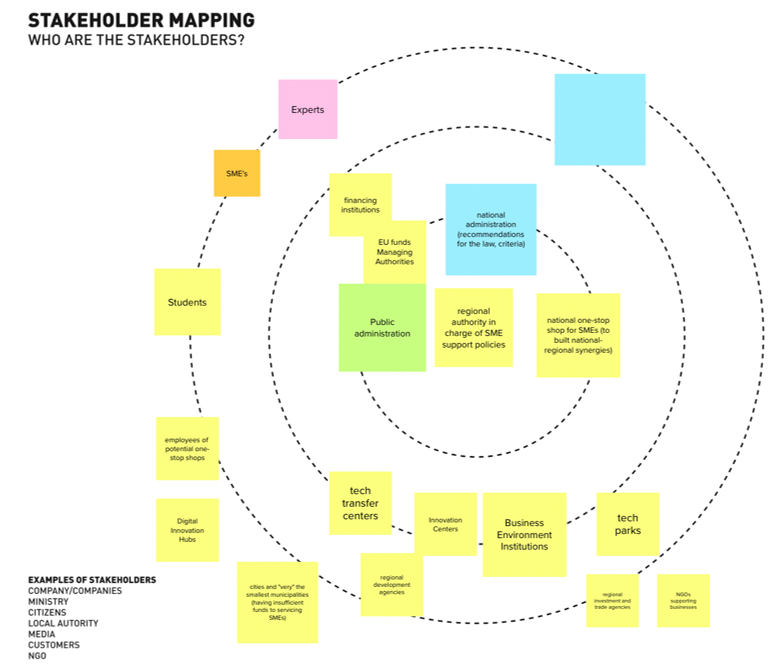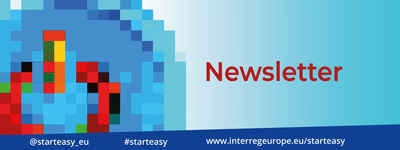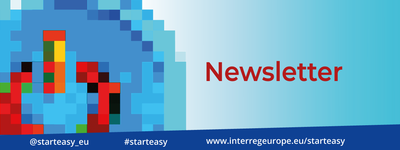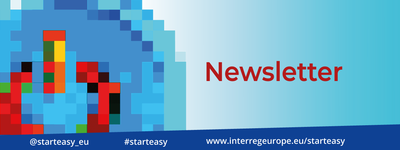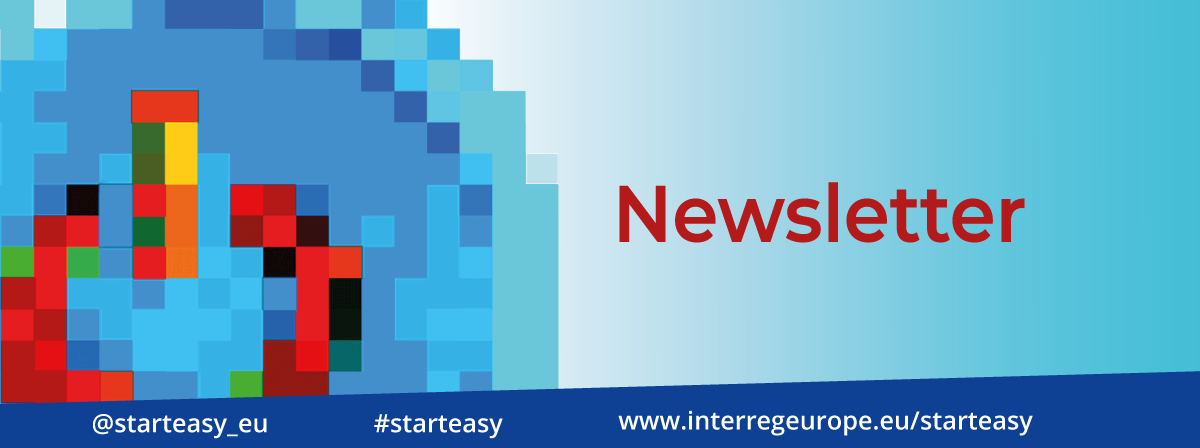On Monday 30th November 2020 EROV organised a project meeting with all international partners of the Start Easy project and some important stakeholders. Topic of these series of presentations was financial government support for start-ups on the one hand and government measures to sustain start-ups during the raging COVID-19 storm. Concerning the number of start-ups, Belgium is far down the European ranking list. However the corona crisis gives entrepreneurs time to elaborate a business; as a result, the expected decrease in the number of start-ups fails to occur, on the contrary, a small increase is observed.
Alex De Ridder of PMV opened the meeting by presenting the financial support measures of his company. Thanks to an increased loan and realistic reactivation plans, also start-ups can keep on breathing. Furthermore they get enough time to make their businesses evolve into strong adult companies before paying back the loan (with a small interest).
Next Wout Meuleman of BeerSelect told us how his start-up evolved from a web shop with specialty beer to a brewery where small and local brewers found support with marketing, sales and production on a large scale. BeerSelect is the perfect example of a start-up that enjoyed a PMV funding, and that is financially strong after four years and continues to grow.
Of course, 2020 has not been an easy year. Brecht Carels of EROV explains that the event sector (for example food service industry) suffers a lot from the compulsory closure. Other sectors see a low consumer demand. Where most sectors seem to recover, the event sector, the food service industry, retail and wholesale do not see any improvements.
The government offers three kinds of support. First communications actions want to encourage consumers to buy local. Next they offer financial support, on the one hand by packages in which the liquidity and solvency of company are strengthened and protected (as is the case with PMV), on the other hand by support mechanisms which cover the fixed costs of companies with revenue loss. Finally, a system of temporary unemployment was set up, which allows companies to deactivate (not to dismiss) workforces temporarily. The employee receives about 70% of his normal salary from the government, so the company doesn’t have any personnel costs. Self-employed entrepreneurs (without employees) and start-ups can enjoy a similar settlement.
Finally Dimka Vanderhaeghen (Central Point of Support for Entrepreneurs – OOG) and Mathias Vandewyngaerde (team coach start-ups Ghent) explained how the City of Ghent protects her start-ups and SMEs with all kinds of subsidies and monitoring systems, how it wants to make them futureproof and how they provide the necessary advice.
